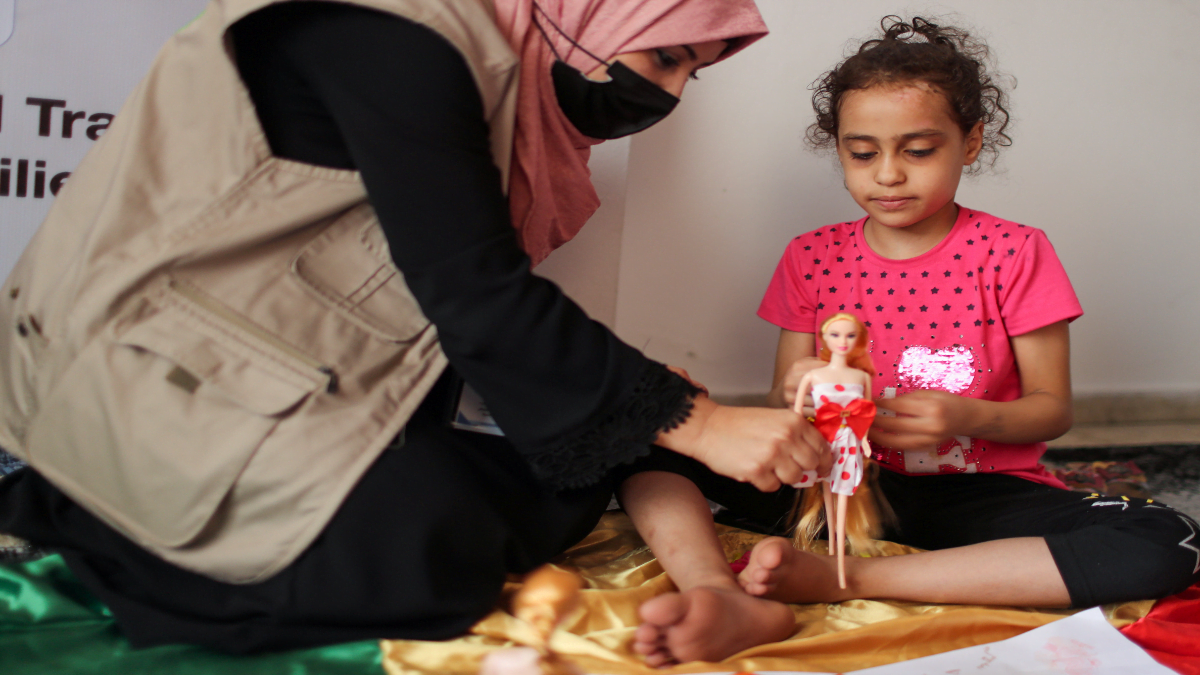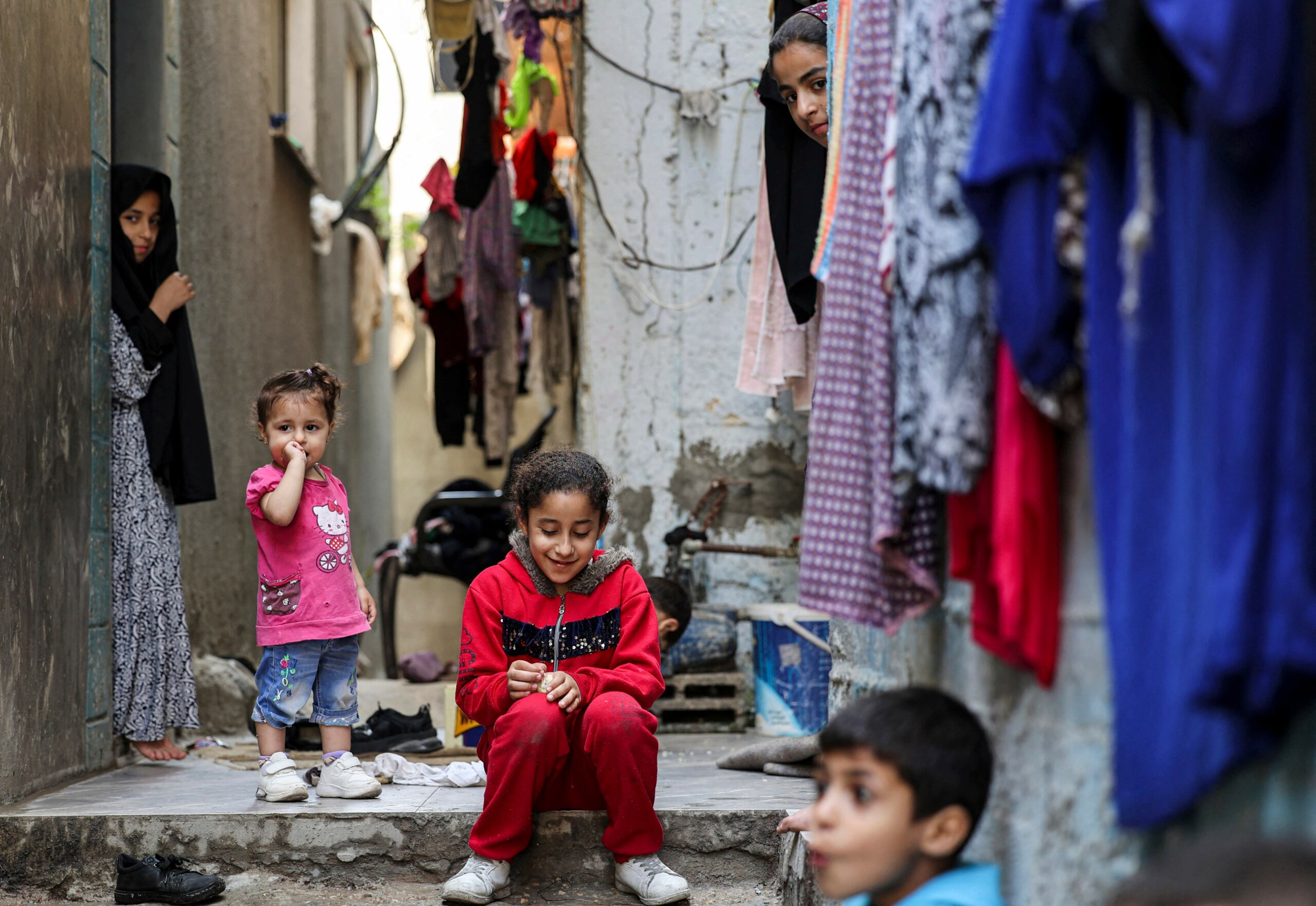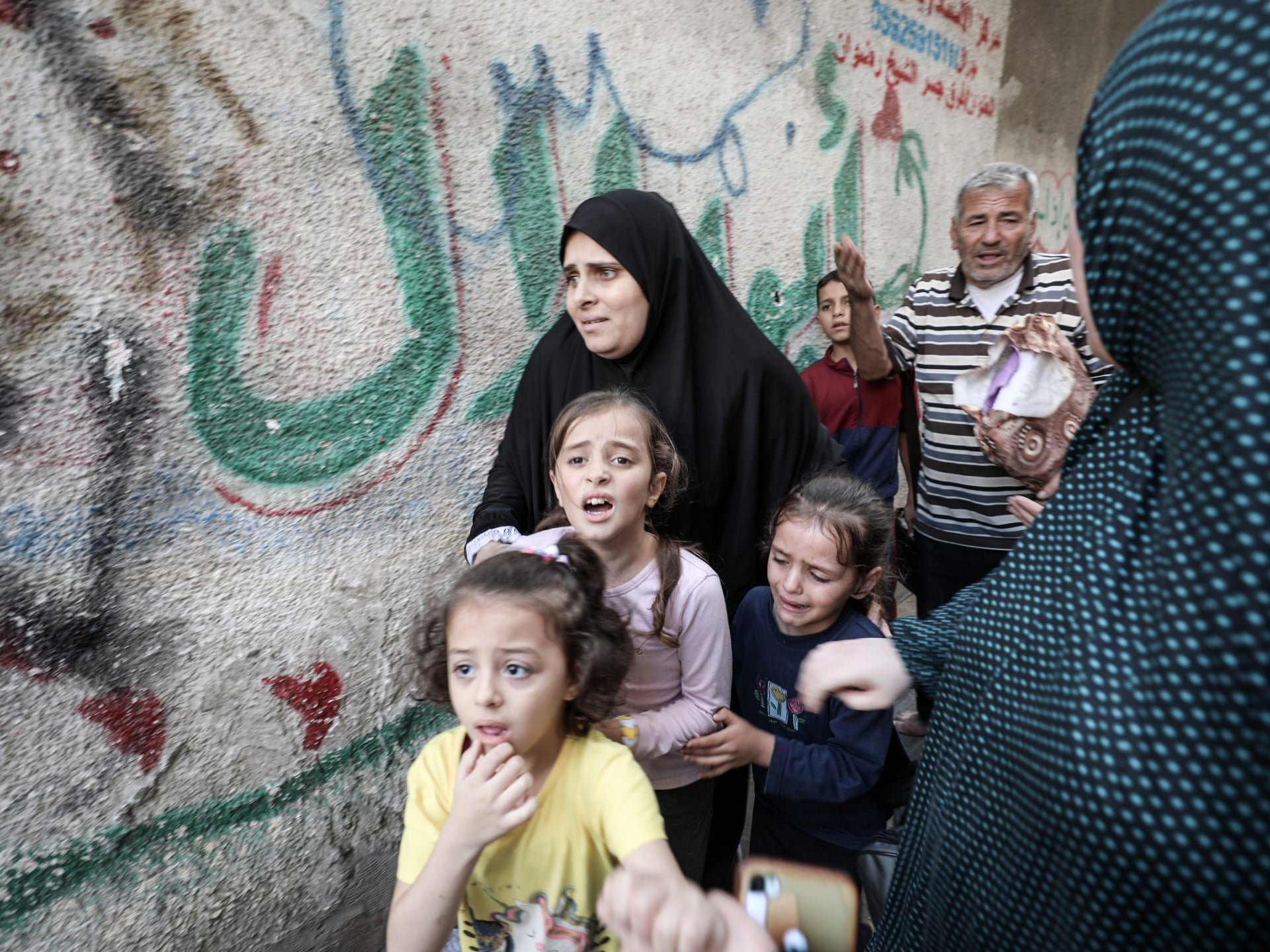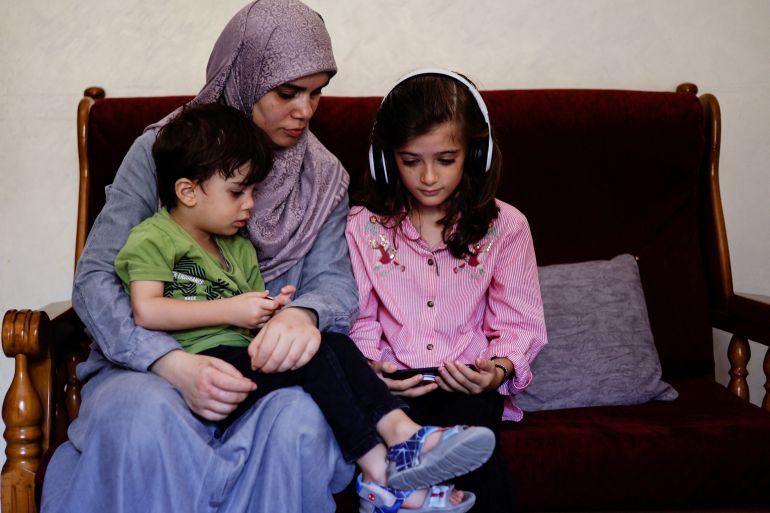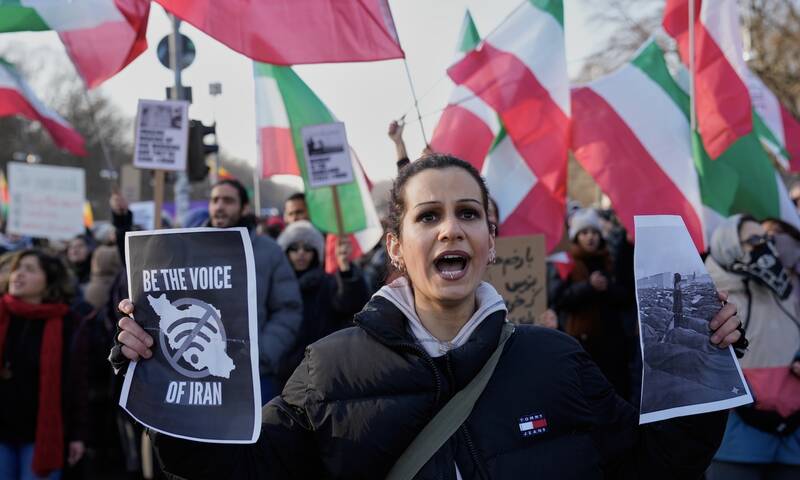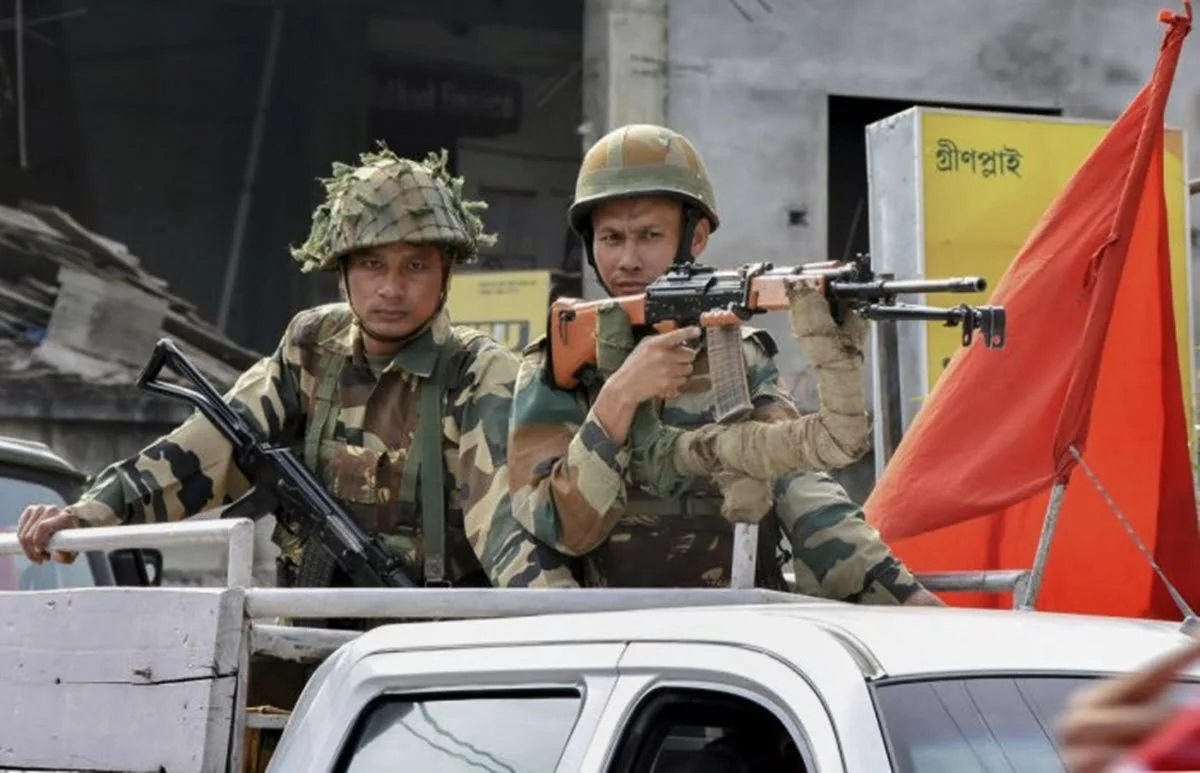In her article for Al Jazeera, Indlieb Farazi Saber cites a research paper published by psychologist Dr. Iman Farajallah around the impact of genocide on Palestinian children in the last year which showed 95% of the children under anxiety, and depression.
The Gaza strip has been the largest open air prison for innocent Palestinians, including children.
The Gaza strip has been the largest open air prison for innocent Palestinians, including children. After enduring colonisation for decades, Palestinian liberationist organisation Hamas resisted against Israel but the resistance couldn’t match up to its opponent’s brute power. The Palestinian stories of displacement, deprivation and hunger show how thousands of people are homeless, without access to basic human rights like food, water, and medical facilities.
The dire situation and the record of casualties
The genocide is inflicting a lifetime of trauma, especially on children with more than 1500 killed. Moreover, according to WHO ‘There are an estimated fifty thousand pregnant women in Gaza, with more than 180 giving birth every day’. Most of these women suffer from miscarriages, preterm births and then there is the problem of development issues in children.
More than ten thousand people in Gaza have died in this deadly genocide and more than twenty-five thousand people have been injured. According to the World Health Organization, 67% of the Gaza deaths were women and children. This is also because men are involved in the combatant zones. Non-combatants were overwhelmingly children who were a dependent population. There has been a trend of rapid deterioration in the condition of the health care systems and hospital buildings. Several hospitals were targets during this genocide.
The constant bombardment has left the doctors in fear with thousands of patients every day. The healthcare system has only about 2500 beds. Hospitals these days have had full wards, with patients squeezing in and out, in hallways and staircases. As the electrical appliances have been cut off, Doctors are forced to use cell phone light and unsterilised tools. They have no anesthesia and carry out surgeries without the scalpel. Difficult decisions were made concerning which patients to admit and which not to according to their mortality conditions.
Importance of children’s mental wellbeing and peace
Whenever harrowing situation takes place, it is obvious that the consequences on the physical wellbeing are taken care of the most. Because physical well being is noticed first, it gets the most attention. But what about mental well being? In a recent post, the United Nations Children’s Fund said that the ‘repeated rounds of extreme violence have left more than 816,000 under the age of 18 in need of mental health support in the Gaza Strip’. UNICEF has aided in supporting the children with psychological support as many cases of kidnapping of children are on rise.
Generally, children are non-combatants. Yet in this genocide, they are at the forefront as victims. They are bearing unprecedented losses. The constant sound of gunshots, the barrages of the rocket firings, the rampant destruction of their houses and watching their parents being killed have just left them deserted. They are losing all hope, fearing for their lives, seeing the destructions of the buildings, and their schools. They are being permanently displaced and have no food to eat.
Generally, children are non-combatants. Yet in this genocide, they are at the forefront as victims.
They are seeing their parents struggling to make ends meet everyday. The rise of malnutrition among the pediatric population is more in the affected zone of Gaza. Joshua Cohen writes, ‘Doctors without Borders said that the accumulation of traumatic events results in a mental health crisis. Children in zones like Gaza who are exposed to violence are at a very high risk of developing a range of mental health problems, predominantly post-traumatic stress disorder, depression and psychosomatic disorder.’
One of the studies also found that 91% of the children living in the Gaza strip suffered from the post traumatic syndrome which has undoubtedly increased of late. This is also because half of the Palestine population is made up of children under 18. As these children are exposed to these horrors, a culture of war has emerged which causes long term issues on mental health.
As these children are exposed to these horrors, a culture of war has emerged which causes long term issues on mental health.
In this situation all we are praying for is hope. In a Canadian radio interviews, The Current, Galili -Wesstub said how she and her colleague, Dr. Shafiq Masalha, a Palestinian Israeli clinical psychotherapist, helps to educate both Israeli and Palestinian postgraduate students and empower them with mental health support to help traumatised children. They have established the Binational School of Psychotherapy in Jerusalem which does a lot of work on the mental health of war affected children. But the situation is a lot more vulnerable. Hannah Getahun writes, ‘I think the majority of children who are living in Gaza don’t have the resiliency in order to pass through the situation because they were bankrupted previously,’ Abu Eqtaish says. ‘Every human being has limited capacity in order to cope with such situations.’
The Children’s Rights in the United Nations includes the right of every child to be tied to their parents, the right to express and the right to live. However, this hasn’t been the case for Palestinian children. It quotes the ‘list of shame’ which tracks grave violations against the children during the warfare. Human Rights Watch says that Israel should be listed there, however since it’s not, the practice of warfare continues.
What can we do as humans?
Children suffered the most in Gaza. They were ‘on the run, nowhere safe to go without a shelter. The physical and mental trauma will be even greater for those children who find themselves alone, separated from their families or who have lost parental care’. In an interview with Dr. Gally Small, Cara Murez writes, ‘We live every day in a denial of the horrors out there in the world,’. To have children witness the worst genocide is a gruesome act that humans have been guilty of after the First and Second world wars.
Ernest Hemingway had written about the criminality of armed conflict for a long time because he too, suffered from the trauma of the world war. He once wrote, ‘Never think that war, no matter how necessary nor how justified, is not a crime.’
We need more collaborative efforts to help Gazan children join psychological counseling because once a child is exposed to a traumatic situation, it stays forever in their minds. They are likely to have post trauma issues when they become adults which will make their life even more stressful. We need conducive political strategies that gear out ways for emotional refuge. We are beginning to see many such helping hands but this is not enough. To repair the wounded and to reinstate the mental peace of children is a humanitarian necessity. It’s our responsibility to aid, share, impart and create a violence-free environment for the smooth growth and development of Gazan children.
About the author(s)
Susmita Aryal is a final year student of English Literature and Journalism at St. Xavier's College, Maitighar, Kathmandu. Besides storytelling around identity, gender and society, she is interested in 'art' i.e. any kind of artworks that fall under the genre of art.
